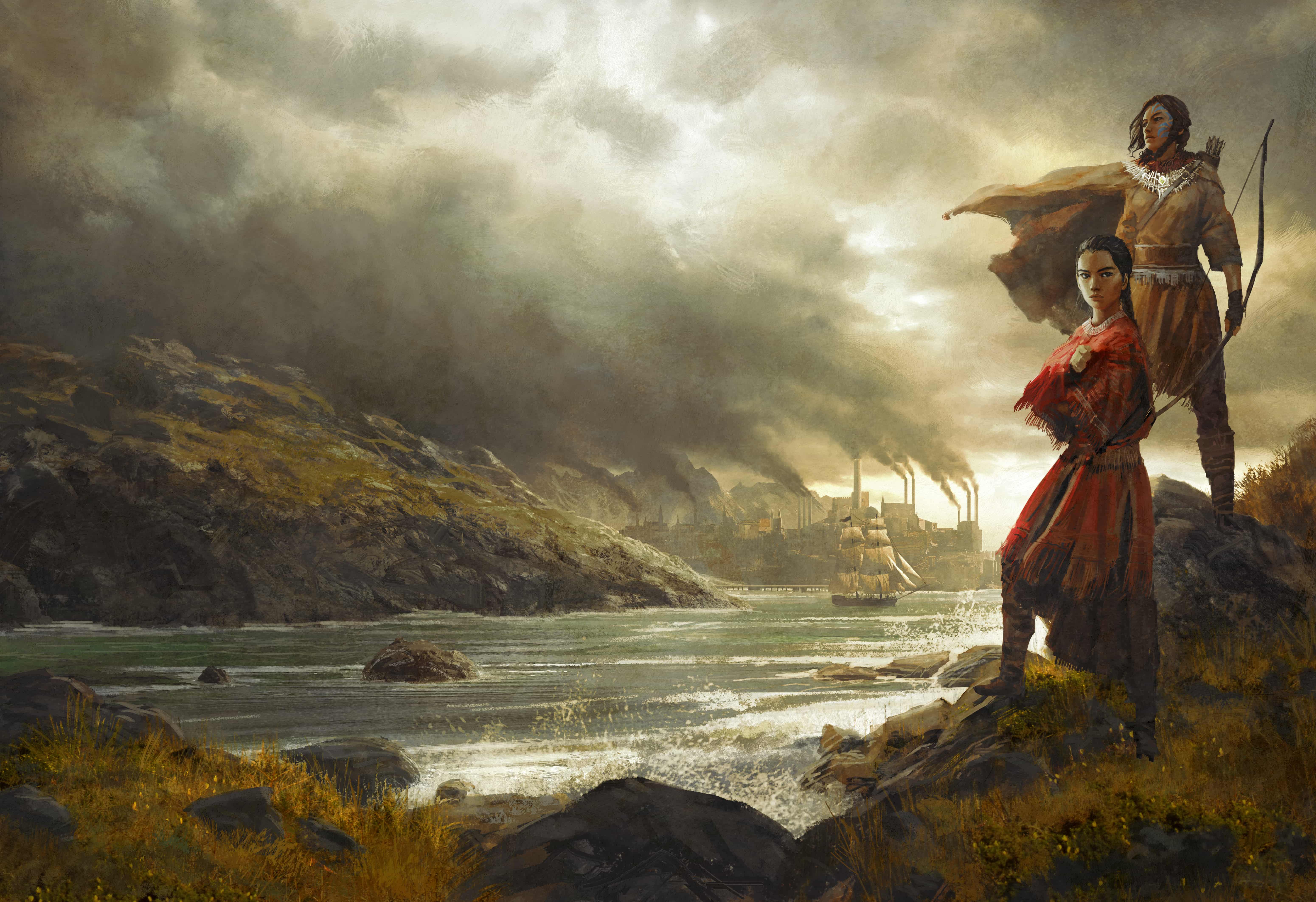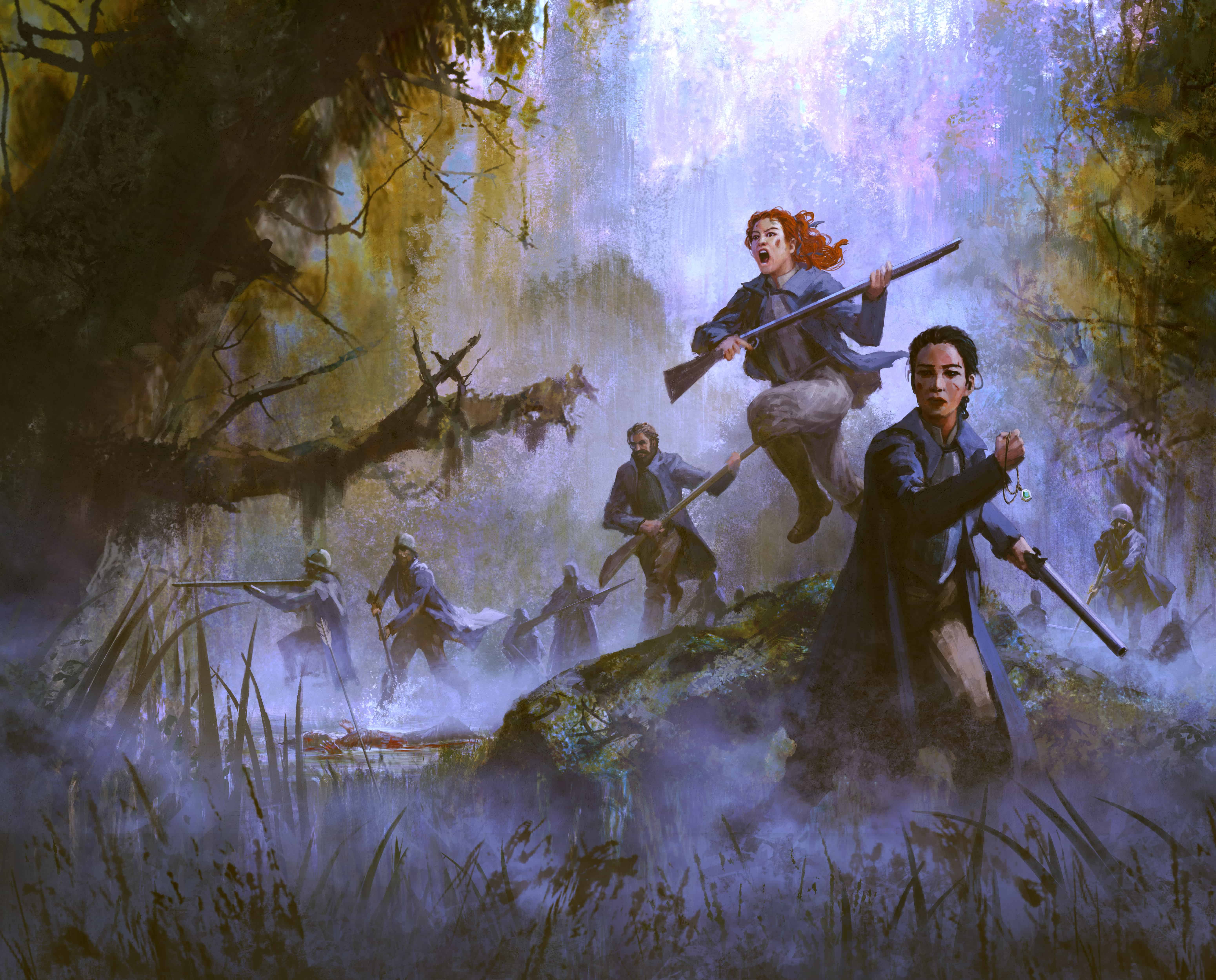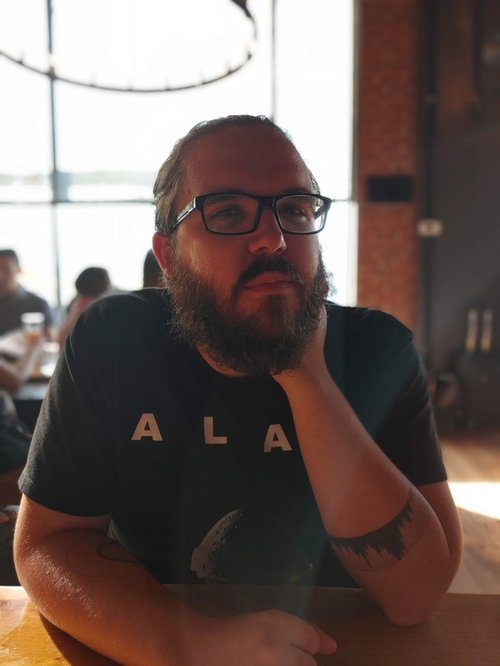History and The Children of the Black Moon - Joseph John Lee
30 May 2023“History, culture, accountability—of what use are these in the founding of a nation? The sins of an empire are always many and always stained in the blood of the lesser. The victors never see the atrocities they committed; they care only for the victory they perceive. A civilization falls just as quickly as another rises to take its place. Trampled underfoot lay the memories of times long gone. And scattered to the wind is a convenient little thing called the ‘truth.’ As long as they can keep their subjects stupid and ill-informed, any despot can cast aside what is real in favor of what they can attribute to themselves as victory and glory.”
This little preview of my new novel, The Children of the Black Moon, is a thought that anchors this series. The notion that history is penned by the victorious hand is a theme which permeates through The Spellbinders and the Gunslingers, this idea that, regardless of what occurred in the past, the good and the bad, there is a tendency to highlight only the good, to cast in a positive light the hand in seizure of all the honor, glory, and victory. That celebrating a nation’s exceptionalism is far more important than examining the full breadth of its history, including the bad bits, because living in blissful ignorance is viewed as more patriotic than holding to the light the truth in the hopes that we may one day be better.
These are topics and views that, as a trained historian, frustrate the hell out of me. This series was born because of that frustration. It was a way for me to air those grievances in true Festivus fashion while guiding them behind florid words and thrusting them into high-stakes action with examinations of grief, loss, and the human condition. From the start, I wanted Spellbinders to be this heartbreaking tale, an elegy for the lost who were stripped of everything until all memory of them ceased to exist, and purposefully so. Right at the beginning of The Bleeding Stone, I wanted to peel back those layers of lies and half-truths that not only the characters in the prologue are fed, but also what I and many others like me were fed growing up. The Bleeding Stone was where I wanted people to be sad, to feel the wind punched out of them from the force of these heavy moments.

But The Children of the Black Moon is where I want people to be mad.
As the writing of this series progressed, as it grew and evolved, so did I, but the world around me has regressed. I’m a writer who is influenced by observations of the world around me, whether they directly impact me or not. And as the circumstances which originally inspired the series in its infancy have only been exacerbated in the intervening years, and I couldn’t help but feel angrier when it was finally time to put word to pen.
And that anger spilled onto the page of The Children of the Black Moon, much more than in The Bleeding Stone, in these examinations of totalitarianism, these cults of personality, these elevations of monsters who are instead celebrated as heroes. I’ve made it no secret that I modeled Aritz a Mata, one of the central antagonists of the series, after Christopher Columbus. Just as the hero myth I was exposed to in elementary school and beyond around Columbus – “in 1492, Columbus sailed the ocean blue” and all that crap – was gradually deconstructed, I have sought out to shed that mask from Aritz’s face. In this book, his actions are challenged for the first time. This “history” that he himself forged is being held to the light, and while the reader is privy to the true events this world’s history from the explorations with Sen and company, Aritz is finally faced with the realities of every act he committed. We see firsthand on the page those very acts. There is no whitewashing his actions to the reader because we know what really happened.

And these conversations are just as much between two characters as they are between me and the audience, because when you put up blinders, it’s easy to block out the parts of history you find objectionable for one reason or another, but all that needs to happen is for it to emerge from out of your blind spot to prevent you from hiding.
Spellbinders, as a series, has been called political, and it feels weird to say that it is because the reasons for which it’s called political should not be political at all. It recognizes that certain people exist rather than trying to erase them from society and history. It stands against censorship and for properly teaching historical events without whitewashing the horrible bits. It recognizes that a nation’s founders can just as easily be monsters, rather than the heroes the victorious hand writes them to be. None of these should be political, but I’m not going to shy away from them even if they are.
Because as a historian and a lapsed academic, that’s where my narrative brain takes me. This is an angry series, just as it is a sad series, a heartbreaking series, and an emotional series. It’s a reflection of the world around me, and my reaction to it. It’s a reflection of my frustrations with how we are taught history. And it’s a natural progression of my sadness for the past, my anger for the present, and my hope for the future. Each book in the series is, in a way, reflective of that progression.
The Children of the Black Moon is just reflective of anger the most. For when the victorious hand pens only falsehoods and half-truths, lop off the hand and listen instead to the voices of the silenced. That is the theme upon which this series is based, and that is the conversation I hope arises from it most of all.

I am an author of fantasy, science fiction, horror, and whatever other strokes of creative genius (“genius” is a relative term, I guess) come to me at the time.
I was born November 14, 1991 in Attleboro, Massachusetts and have never set foot in that town since. I’ve lived most of my life in or near Boston (as I do currently with my fiance, our imaginary dog, and our robot vacuum who we named Crumb), except for the years when I didn’t. I’ve also lived in Scotland, a fact I use as party tricks that don’t particularly go anywhere. I’m great at socializing.
I’m something of a lapsed academic. I originally pursued a career in academia, receiving a Bachelor of Arts in history from the University of Massachusetts Dartmouth and two Master of Science degrees from the University of Edinburgh - one in Renaissance and Early Modern Studies; and the other in Religious Studies - before I realized that the life of an academic scholar was not for me. (Burnouts will do that to a guy.)
That being said, I enjoy integrating historical study into my own fictional writing that still creates a tapestry of my historical interests - just with more fireballs and less syphilis.
My literary influences include Brandon Sanderson, John Gwynne, Joe Abercrombie, Yoko Taro, Tetsuya Takahashi, and others. I’m as much drawn to huge, epic fantasy as I am to more grounded, grimdark settings.
Outside of my own writing, I am an avid reader (duh) and gamer, a certified Simpsons quote machine, a bad hiker, and either a happy or miserable Red Sox fan, varying from season to season. I spend too much time looking at dog accounts on Instagram.
You can get copies of his books from Amazon. A free novella of the series can be obtained by subscribing to his newsletter.
